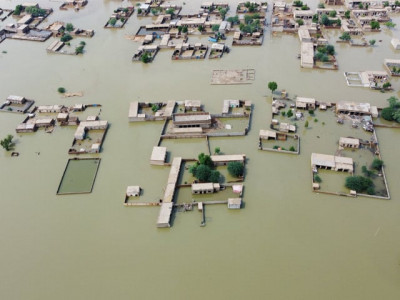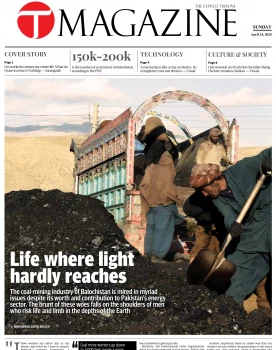Sindh Governor Kamran Tessori, CM Murad extend warm welcome to Iranian president at the airport
-
Forex reserves to reach $9 to $10 billion by end June
Updated 8 hours ago -
Gohar rejects notion of ‘secret talks’ with govt
Updated 8 hours ago -
Three terrorists killed, one apprehended in Pishin IBO
Updated 7 hours ago
-
Imran alleges ‘pre-planned’ rigging in Punjab by-polls
Updated 9 hours agoEx-PM claims Punjab Police intervened in elections due to rulers' fears of a Feb 8-like outcome
-
Dutch actor Donny Roelvink accepts Islam
Updated 5 hours agoRenowned model shares moment of reciting Kalma in a mosque on Instagram
-
US envoy inaugurates Police Training College in Balochistan
Updated 9 hours agoUS Embassy's INC Section spearheads $5.35m collaboration tripling Police Training College capacity with new buildings
-
Major thoroughfares including Sharea Faisal closed for traffic
Updated 16 hours agoTraffic police issues alternate traffic plan, security beefed up in provincial capital
Imran alleges ‘pre-planned’ rigging in Punjab by-polls
Updated 9 hours agoEx-PM claims Punjab Police intervened in elections due to rulers' fears of a Feb 8-like outcome
Three terrorists killed, one apprehended in Pishin IBO
Updated 7 hours agoInjured captive has been identified as an Afghan national, says ISPR
PM suspends chief commissioner inland revenue, others
Updated 12 hours agoAction comes after Shehbaz takes notice of 'wilful' delay in pending tax cases
Iranian President Ebrahim Raisi in Karachi following Lahore visit
Updated 6 hours agoSindh Governor Kamran Tessori, CM Murad extend warm welcome to Iranian president at the airport
Gohar rejects notion of ‘secret talks’ with govt
Updated 8 hours agoPTI chairman says his party is open to dialogue but not in a concealed manner
PTI raises alarm over Bushra’s health after late-night ambulance visit at Bani Gala
Updated 8 hours agoParty leaders demand former first lady be immediately transferred to Shaukat Khanum Hospital
Finance minister confident of enjoying larger, longer IMF programme
Updated Apr 22, 2024Aurangzeb anticipates decrease in inflation to single digits by next year
COAS discusses border security issues with Raisi
Updated Apr 22, 2024Gen Munir describes Pakistan-Iran border as ‘border of peace and friendship’

Future-proofing Pakistan’s development pathways: From recovery to resilience
Imagine a Pak that not only survives crises but thrives despite them; where floods don't devastate but spark solutions
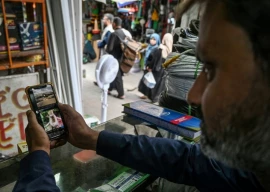
Pakistan's X ban: Freedom of expression vs national security
The govt's deafening silence in the face of mounting criticism speaks volumes about its disregard for human rights.

Pakistan vs India: Comparing climate-resilient wheat initiatives
India's approach to climate-resilient wheat production serves as a great example of sustainable agricultural practices
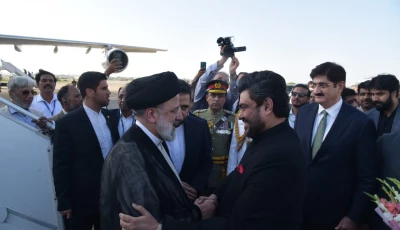



1705513068-0/image-(739)1705513068-0-100x90.webp)



1713893627-4/Shredded-10,000-yen-bill-(1)1713893627-4-100x90.webp)


1713889672-1/Plastic-waste-(2)1713889672-1-100x90.webp)
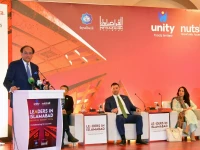
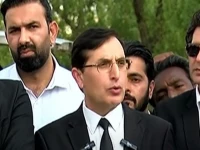

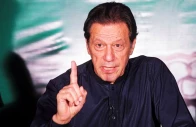










1713862885-0/Untitled-design-(11)1713862885-0-196x127.webp)






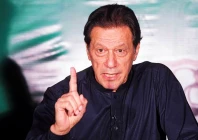

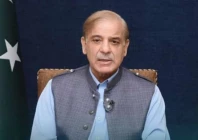
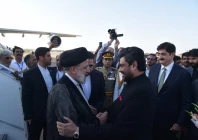
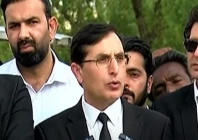
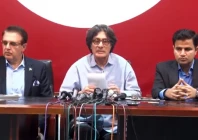


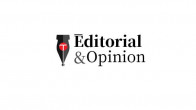
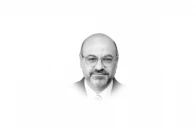
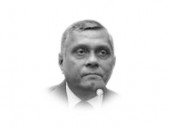
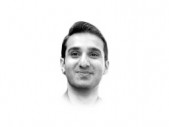









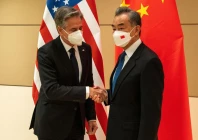
1713889672-1/Plastic-waste-(2)1713889672-1-198x140.webp)

1713803424-1/Black-hole-(1)1713803424-1-198x140.webp)













